People with fibromyalgia sometimes say they “hurt all over”. They often feel really tired. Each person tends to experience fibromyalgia differently and so each person might need different help or treatments depending on their individual symptoms.
Common symptoms include:
- pain and stiffness all over the body
- tiredness
- not sleeping well (waking up tired)
- upset digestion, tummy pain, wind (bloating), constipation, irritable bowels
- being very sensitive to touch or pressure
- problems with thinking, memory, and concentration
- headaches, including migraines
- changes in mood
- anxiety or depression
How do I know if I have Fibromyalgia?
If you have general pain all over your body and no known cause you should see a doctor. The doctor can do blood tests to rule out other causes like arthritis and other diseases. They might recommend a scan or an x-ray to check your joints and look for inflammation.
Why do I have fibromyalgia?
No one is sure yet what causes fibromyalgia but it seems like something is wrong with the pain receptors so that your body feels pain that other people would not feel as pain. Some researchers believe that fibromyalgia amplifies painful sensations by affecting the way your brain and spinal cord process painful and non-painful signals. Some research suggests that fibromyalgia might be a result of gene mutations. Some genes have been identified that affect pain signals in our bodies. These might be involved but no one is really sure yet.
More research needs to be done to try and work out what starts fibromyalgia. Some things that are thought to be involved in developing fibromyalgia include physical or emotional trauma like a car accident or PTSD (post-traumatic stress disorder) or a viral infection. Fibromyalgia is more common in people with rheumatoid arthritis, lupus or other inflammatory conditions. It tends to run in families, so if you parents or sister has it, you are more likely to suffer with it too. It is more common in women than in men.
For some people there appears to be no specific event that triggers their fibromyalgia. For these people it is more a gradual increase in symptoms over time rather than a sudden start of painful symptoms. Research is needed to see if this type of fibromyalgia might have a different cause.
What can I do to make things better?
Fibromyalgia has no known cure but there are certainly things that can ease your symptoms. Most people find they feel better if they can reduce their stress and improve their sleeping. Some medicines help to ease the pain, so does gentle exercise. Eating a healthy diet with lots of vegetables also seems to help.
The nerve pain of fibromyalgia is most often helped by tricyclic anti-depressants given in a low dose. Taken at these low doses, this medicine is very helpful to improve pain control. Gabapentin and pregabalin are medicines often used for nerve pain and can be effective for fibromyalgia.
Sometimes people with fibromyalgia don’t want to exercise because of their pain, yet muscle strengthening exercise is really important. Exercise prevents your muscles from becoming weaker from lack of use. Arthritis NZ suggestions for fibromyalgia include “Moving your body will help improve your mood, combat fatigue, increase muscle tone, improve blood flow, ease digestive problems and aid sleep.” With all those benefits it is certainly worth exercising. They particularly recommend swimming and Tai Chi and warming up before exercise.
People with fibromyalgia can become incredibly tired so it is important to plan rest times so you don’t become over-tired. Try and fit some relaxation times into every day. Do you enjoy massage, yoga, meditation? All of these are beneficial. Experts recommend half an hour of exercise on five or more days per week. You can break your exercise times in three lots of 10 minutes so you don’t become over tired. Exercise for 10 minutes then rest for 10 minutes. This works well for many people.
It is a good idea to try and find a specialist or a doctor who knows about fibromyalgia. Try an arthritis specialist or arthritis support group who are already helping people with fibromyalgia. Muscle strengthening exercise, stress management, good sleep habits all help to keep you well and reduce your pain and tiredness. Physiotherapists, occupational therapists, massage or acupuncture might help. Each person experiences fibromyalgia in different ways. Work with a variety of health professionals to find what works for you.
No one treatment works for all symptoms, or for all people. Try a variety of treatments and strategies. This can have an additive beneficial effect.
Eat well, exercise, relax and rest.
Written by: Linda Caddick
This blog provides general information and discussion about medicine, health and related subjects. The information contained in the blog and in any linked materials, are not intended nor implied to be a substitute for professional medical advice.






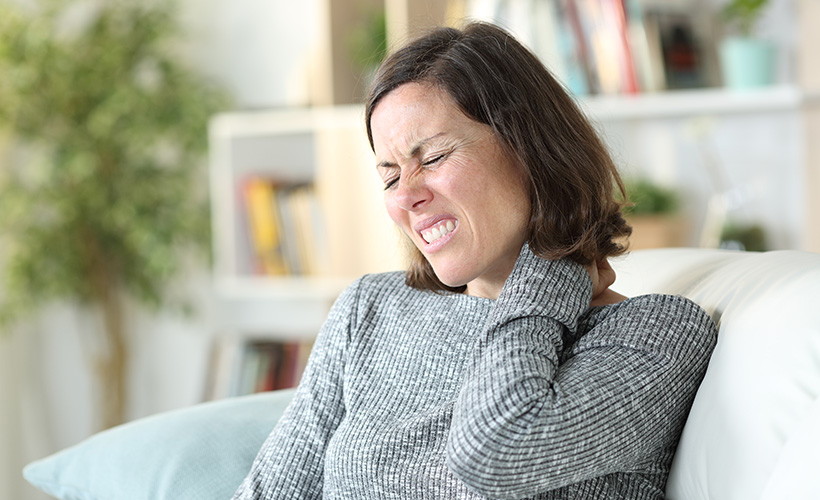
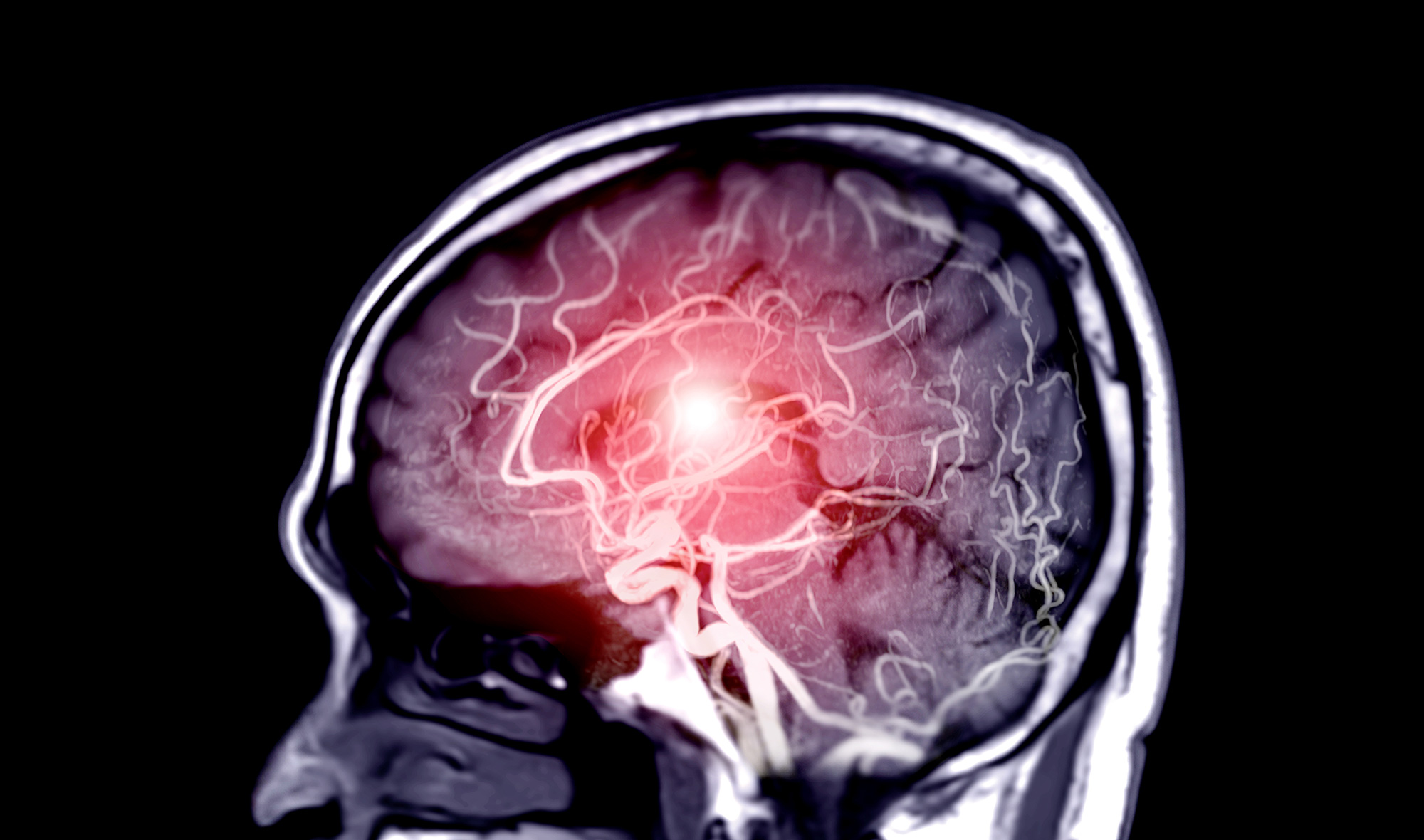
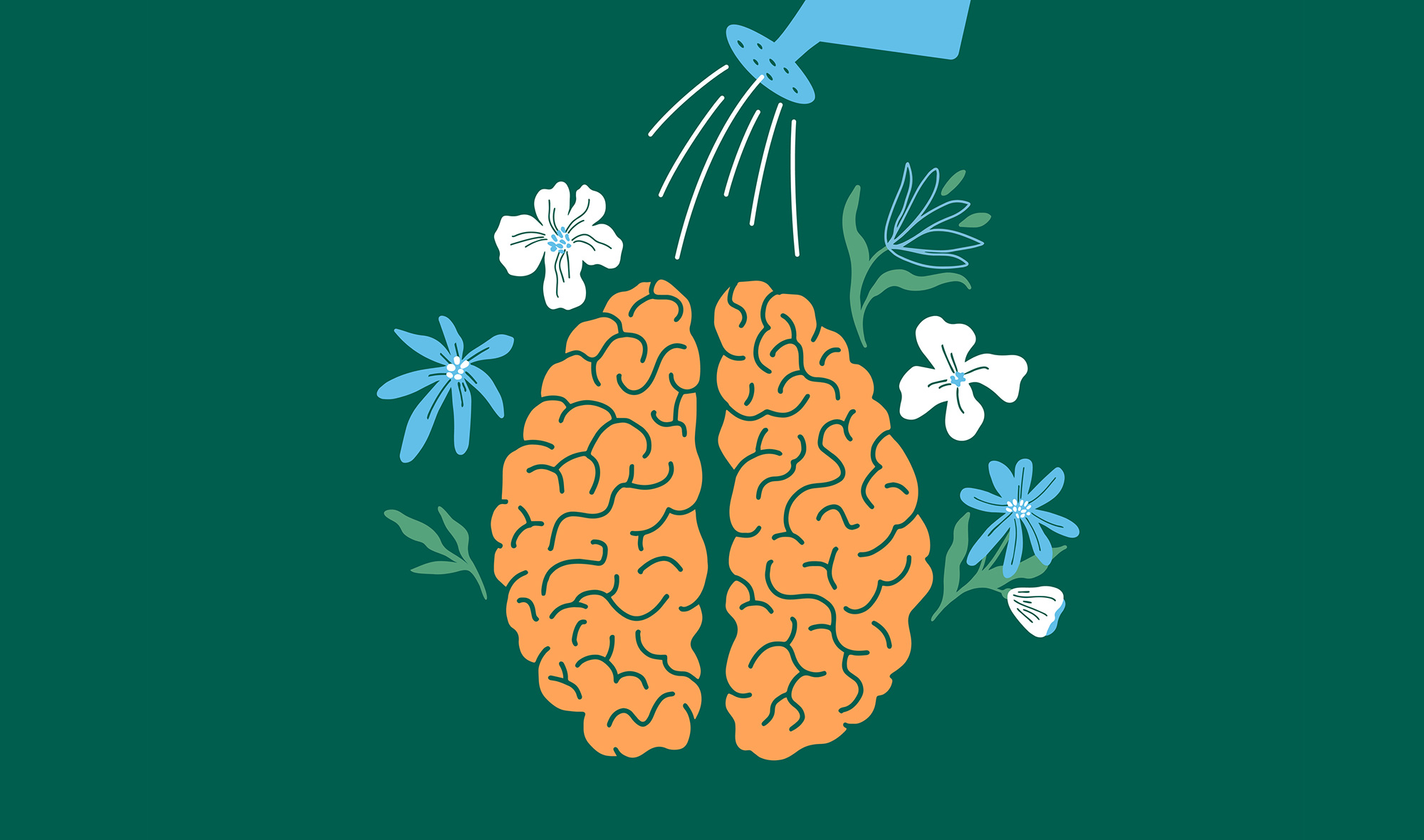

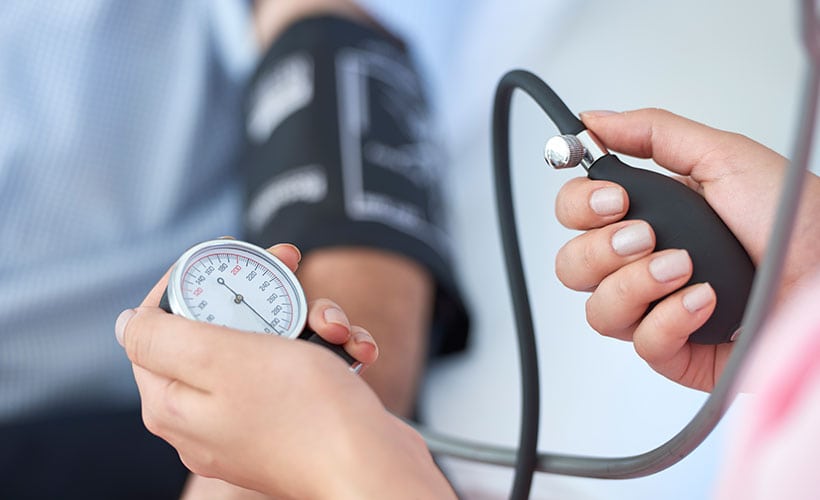




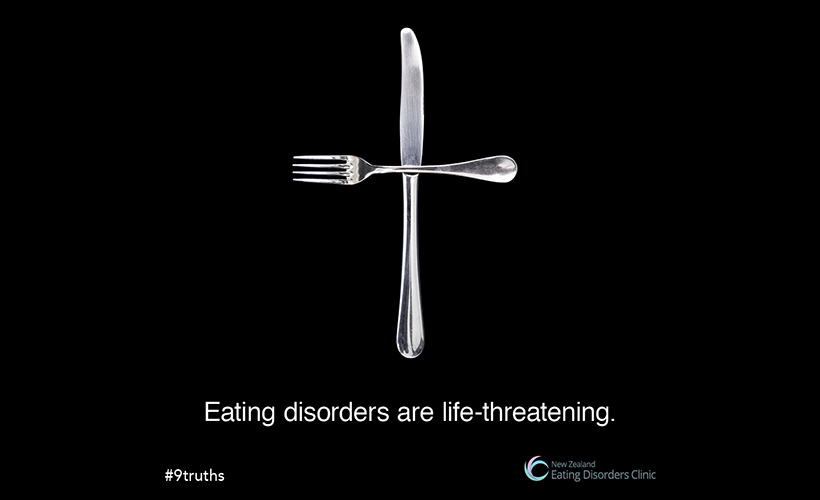

Community